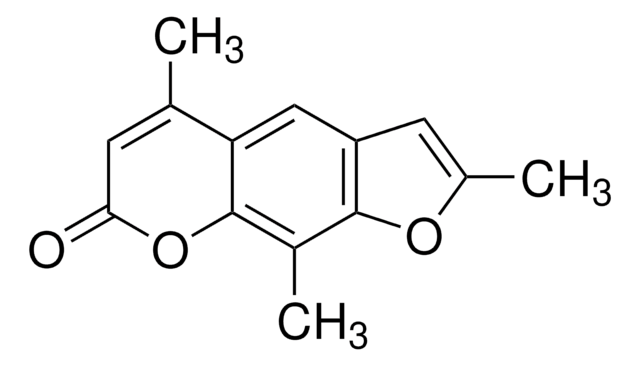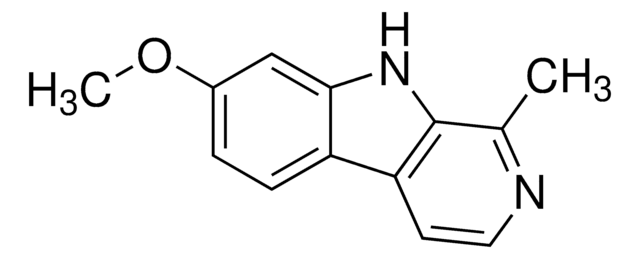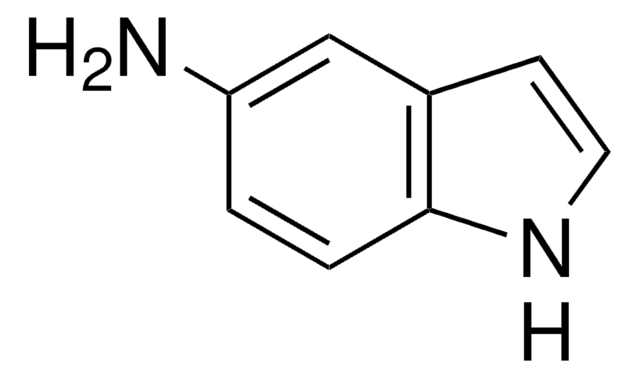SML1723
2-Amino-9H-pyrido[2-3-b]indole
≥98% (HPLC)
Sinónimos:
2-Amino-α-carboline, 9H-1,9-Diazafluoren-2-amine, 9H-Pyrido[2,3-b]indol-2-amine, AαC, AaC
About This Item
Productos recomendados
Nivel de calidad
Ensayo
≥98% (HPLC)
Formulario
powder
color
white to light brown
solubilidad
DMSO: 20 mg/mL, clear
temp. de almacenamiento
−20°C
cadena SMILES
NC(C=C1)=NC2=C1C(C=CC=C3)=C3N2
InChI
1S/C11H9N3/c12-10-6-5-8-7-3-1-2-4-9(7)13-11(8)14-10/h1-6H,(H3,12,13,14)
Clave InChI
FJTNLJLPLJDTRM-UHFFFAOYSA-N
Acciones bioquímicas o fisiológicas
Palabra de señalización
Danger
Frases de peligro
Consejos de prudencia
Clasificaciones de peligro
Carc. 2 - Muta. 1B
Código de clase de almacenamiento
6.1C - Combustible acute toxic Cat.3 / toxic compounds or compounds which causing chronic effects
Clase de riesgo para el agua (WGK)
WGK 3
Punto de inflamabilidad (°F)
Not applicable
Punto de inflamabilidad (°C)
Not applicable
Elija entre una de las versiones más recientes:
Certificados de análisis (COA)
¿No ve la versión correcta?
Si necesita una versión concreta, puede buscar un certificado específico por el número de lote.
¿Ya tiene este producto?
Encuentre la documentación para los productos que ha comprado recientemente en la Biblioteca de documentos.
Los clientes también vieron
Nuestro equipo de científicos tiene experiencia en todas las áreas de investigación: Ciencias de la vida, Ciencia de los materiales, Síntesis química, Cromatografía, Analítica y muchas otras.
Póngase en contacto con el Servicio técnico
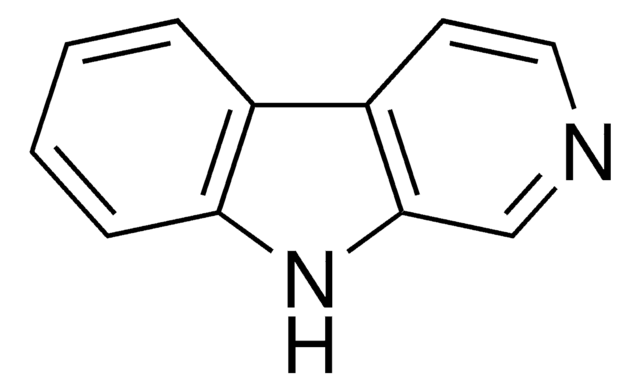

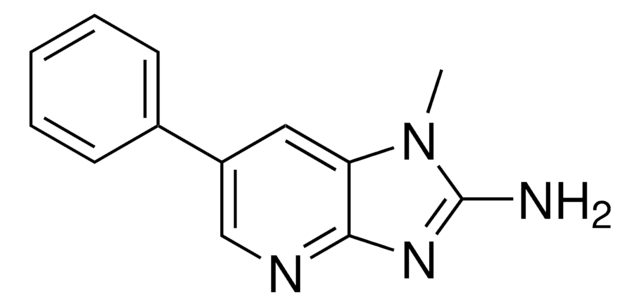
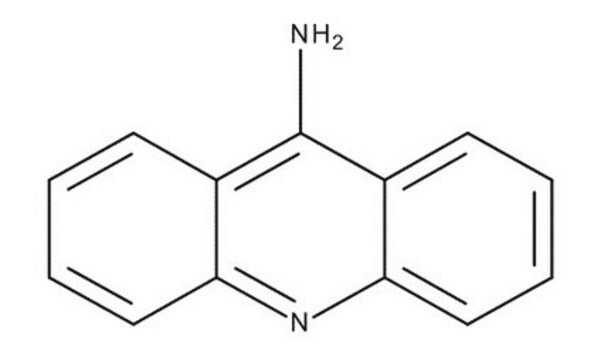
![Benzo[a]pyrene ≥96% (HPLC)](/deepweb/assets/sigmaaldrich/product/structures/253/820/be96d879-1811-46c0-8f11-612019691c2d/640/be96d879-1811-46c0-8f11-612019691c2d.png)



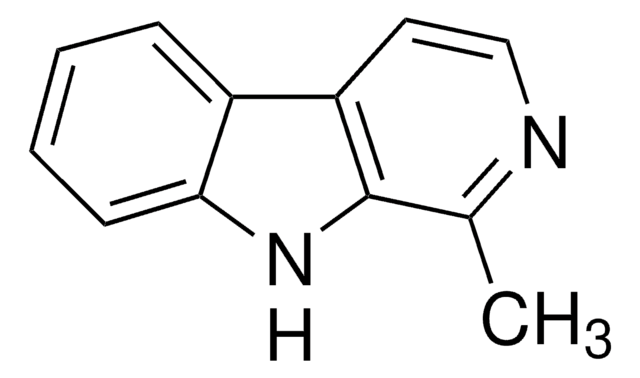
![1,2,3,4-Tetrahydro-9H-pyrido[3,4-b]indole 98%](/deepweb/assets/sigmaaldrich/product/structures/181/460/3d58bc34-1b5c-4295-bbac-3b52085670e8/640/3d58bc34-1b5c-4295-bbac-3b52085670e8.png)
